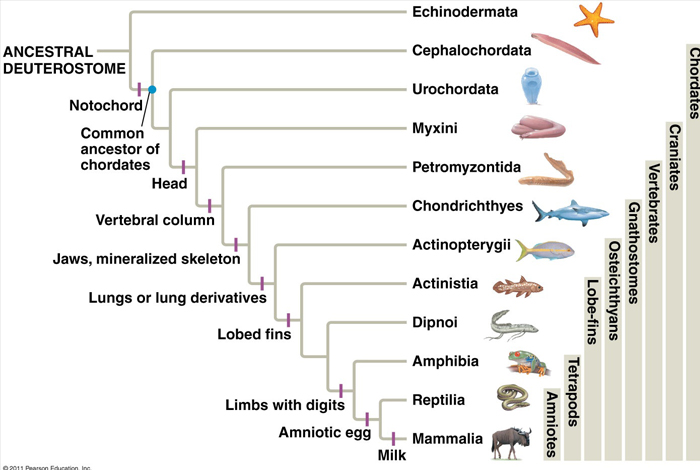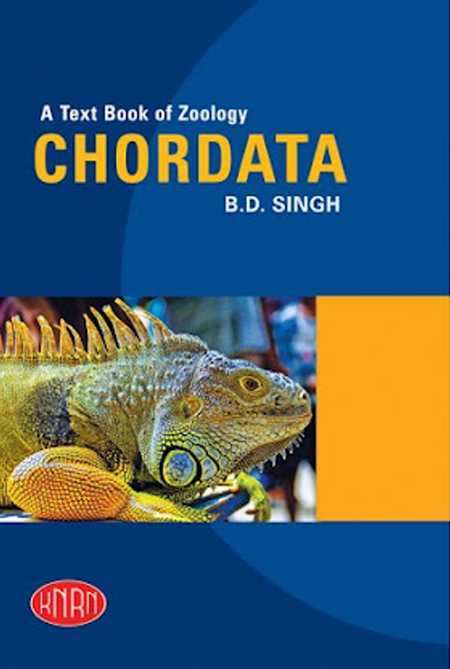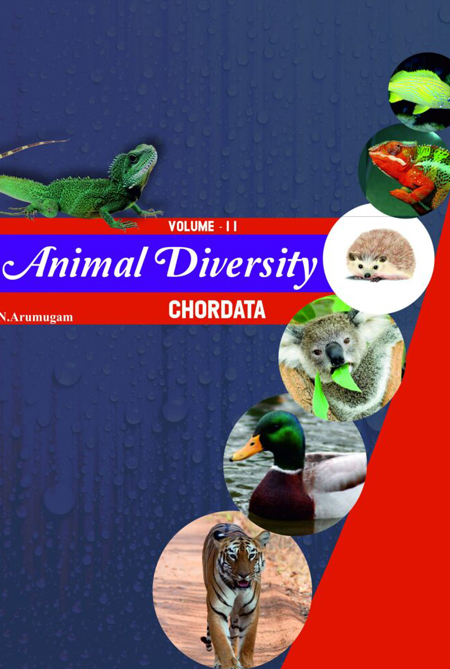B.Sc Zoology
- Home
- /
- Academics
B.Sc Zoology



A Bachelor of Science (B.Sc) in Zoology provides a comprehensive education in animal biology, including their anatomy, physiology, behavior, and ecological relationships. Here’s a detailed overview of the course, curriculum, and career opportunities associated with a B.Sc in Zoology:
Course Details and Curriculum
Core Subjects
1st Year
- Introduction to Zoology: Overview of the animal kingdom, basic principles, and classification.
- Animal Diversity and Classification: Study of various animal phyla, classes, and their characteristics.
- Cell Biology: Structure and function of cells, cell division, and cell processes.
- Biochemistry: Basic biochemical processes, biomolecules, and metabolism.
2nd Year
- Animal Anatomy and Physiology: Detailed study of organ systems, their functions, and how they interact.
- Genetics: Fundamentals of heredity, gene expression, and genetic variation.
- Evolutionary Biology: Mechanisms of evolution, natural selection, and evolutionary theories.
- Ecology: Principles of ecosystems, biodiversity, population dynamics, and environmental interactions.

3rd Year
- Developmental Biology: Processes of animal development from fertilization to adulthood.
- Ethology (Animal Behavior): Study of animal behavior, including instincts, learning, and communication.
- Entomology: Study of insects, their biology, and their role in ecosystems.
- Ichthyology and Ornithology: Study of fish and birds, respectively, focusing on their biology and ecology.
Laboratory and Practical Work
- Dissection and Anatomy Labs: Hands-on dissection of animal specimens to understand their anatomy.
- Microscopy: Use of microscopes to study cell structures and tissues.
- Field Work: Observational studies in natural habitats, collecting data for research projects.
- Experimental Techniques: Conducting experiments related to animal behavior, physiology, and ecology.
Elective Subjects (Varies by University)
- Wildlife Conservation: Strategies and practices for protecting wildlife and their habitats.
- Marine Biology: Study of marine organisms, ecosystems, and conservation issues.
- Parasitology: Study of parasites and their interactions with hosts.
- Herpetology: Study of reptiles and amphibians.
Research and Projects
- Independent Research: Students may conduct individual research projects in areas of interest.
- Group Projects: Collaborative research or field studies.
Seminars and Workshops
- Guest Lectures: Talks by experts in the field of zoology.
- Workshops: Practical skills development, such as data analysis and scientific writing.
Career Opportunities
Research Scientist
Conduct research in academic, governmental, or private laboratories. Research areas can include animal behavior, physiology, genetics, and conservation.
Wildlife Biologist
Study and manage wildlife populations, conduct field research, and work on conservation projects.
Environmental Consultant
Advise on environmental policies, impact assessments, and sustainability practices for corporations, government agencies, or NGOs.
Zoologist
Study various aspects of animal biology and behavior, often working in research institutions, universities, or zoos.
Conservation Biologist
Focus on the conservation of endangered species and ecosystems, developing and implementing conservation strategies.
Science Educator
Teach zoology or related subjects at schools or universities. May also involve developing educational programs and materials.
Veterinary Technician
Assist veterinarians with diagnosing and treating animal health issues. Requires additional certification or training.
Marine Biologist
Study marine life, ecosystems, and conservation, often working in coastal areas or marine research centers.
SYLLABI FOR THE STUDENTS ADMITTED IN ACADEMIC YEAR 2021-22
SYLLABI FOR THE STUDENTS ADMITTED IN ACADEMIC YEAR 2022-23
SYLLABI FOR THE STUDENTS ADMITTED FROM THE ACADEMIC YEAR 2023-24
Animal Behaviorist
Analyze and modify animal behavior, working in settings such as zoos, wildlife rehabilitation centers, or private practice.
Government and Non-Profit Organizations
Work with government agencies or NGOs on wildlife protection, environmental education, and conservation initiatives.
Museum Curator
Manage and curate animal specimen collections and exhibits in natural history museums.
Public Education and Outreach Specialist
Develop and present educational programs to raise awareness about animals and conservation.
Further Studies
Many graduates pursue advanced degrees (M.Sc, M.Phil, Ph.D.) in specialized areas of zoology or related fields, which can open up additional career opportunities in research, academia, or higher-level positions in industry and conservation.
Overall, a B.Sc in Zoology offers a broad and versatile foundation for a range of careers in science, education, conservation, and beyond.






